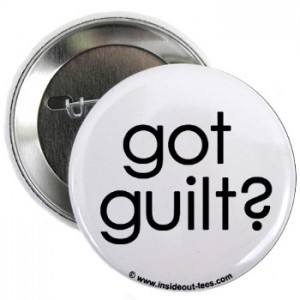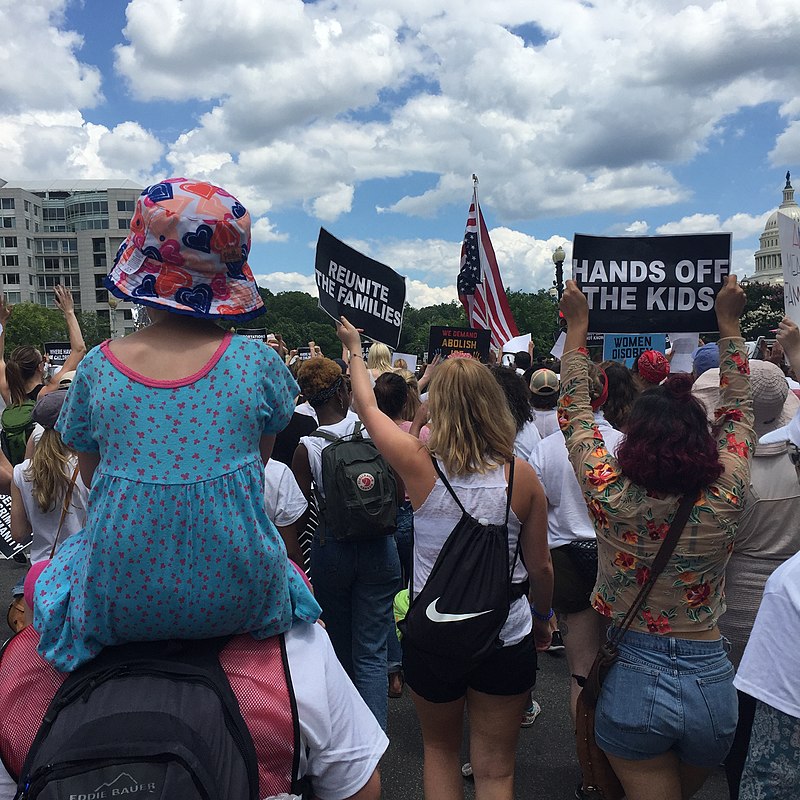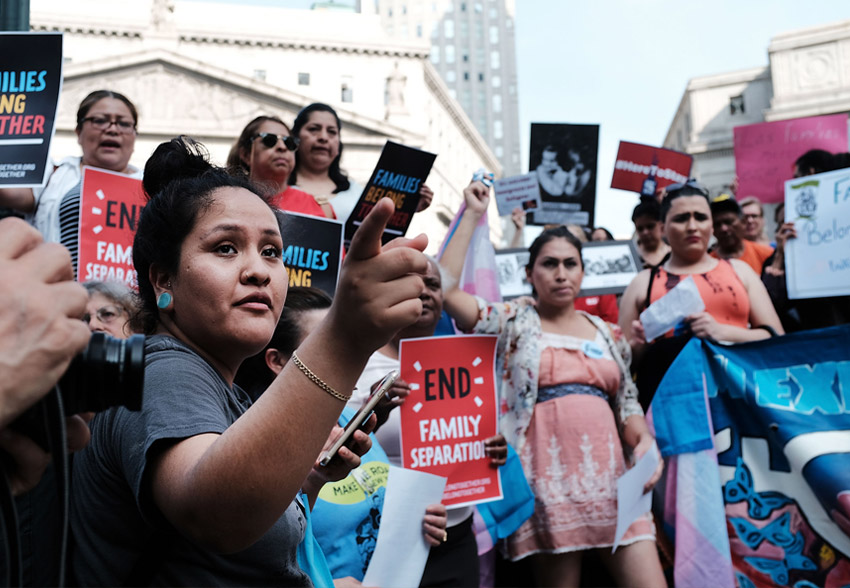 During the opening plenary at the 2011 Council on Foundations Family Philanthropy Conference, Agnes Gund said (and I’m paraphrasing), “It might not be proper to say, but most of my giving has been motivated by guilt.” Her comment was honest, it was real, and it came from a older women who had clearly done so much thoughtful social change giving in her lifetime. A spontaneous round of applause filled the room.
During the opening plenary at the 2011 Council on Foundations Family Philanthropy Conference, Agnes Gund said (and I’m paraphrasing), “It might not be proper to say, but most of my giving has been motivated by guilt.” Her comment was honest, it was real, and it came from a older women who had clearly done so much thoughtful social change giving in her lifetime. A spontaneous round of applause filled the room.The comment stuck with me. In the field of philanthropy, where so many of us—myself included—fall into the trap of selling a one-sided image of ourselves as smart, professional, put-together, changing the world, doing good, solving big problems…it seemed to cut through that pretense and get at an unspoken feeling shared by many.
This begs the question: why is Agnes’ philanthropy motivated by guilt? And, considering the applause, why did so many of us in an audience of over 700 people involved in family philanthropy appreciate her comment?
For myself, it reminded me of my own feelings of guilt. It reminded me of the times in my life, primarily in high school and college, when I realized that I had more material resources than many of my peers (such as a trust fund for college and the ability to travel the world), and that I’d done nothing special to deserve such privileges. This realization clashed with the values of equality and justice I had been taught growing up.
I think for many of us who are wealthy there is some moment or moments where we realize that the world is unjust, and that we are the beneficiaries of this. We get fancy dinners while others get food stamps, we get tutors while others get tuition hikes, we are given tax cuts while others are given pink slips…I’m sure you can fill in the rest.
This is a tough reality to look at, and there are so many different ways to respond. We can be angry, defensive, depressed, and thankful. We can ignore, defend, fight, and blame ourselves, our families or all those who aren’t wealthy. We can also feel guilty.
So why did the audience applaud? I think it’s because Agnes’ comment touched on the uncomfortable truth that philanthropy is part of an economic system that is unjust. For many of us on the wealthy side (especially for those of us with inherited wealth), at some point in our lives we feel guilty for having wealth while others are denied the resources they need, and philanthropy seems like one way to make things better.
So if our feelings about the class system and economic inequality really are at the root of why many us get involved in philanthropy, let’s talk about it. How do we create a world where institutional philanthropy, as we know it, is unnecessary? How do we use our positions to challenge the systems of wealth and class that give us these benefits in the first place? These questions are old. MLK said it better than I in his famous quote: “Philanthropy is commendable, but it must not cause the philanthropist to overlook the circumstances of economic injustice which make philanthropy necessary.”
And yet I continue to see many of us in the philanthropic community avoiding the topic (just two weeks after MLK day). I want to look at the hard feelings that come up when I really consider the economic inequality that enables my philanthropy. The guilt, the pride, the fear, the anger and all the rest. I want to do this together. And, in the footsteps of Agnes Gund and so many others, I don’t want to stay in those feelings, I want to act. I want to end economic inequality and injustice. I want to rise to the challenge of MLK and address economic inequality head on.
Can we talk about these feelings? Can we utilize them to inspire us to action? Can we take on economic inequality without blaming ourselves? I believe we can. Let’s notice our guilt, our anger, our sadness and let it help us to remember why we got involved in philanthropy in the first place. Let’s remember that we want to change the conditions that make philanthropy (as we know it today) possible.





Could it be alright that will put thing about this in my small personal weblog if I post a reference to https://www.resourcegeneration.org ?
yup. happy to have your repost. glad you found it useful.